class: center, middle, inverse, title-slide # War, Technology & Innovation ## Intermodal freight transport and the TEU ### Jack McDonald ### 2019-12-02 --- class: inverse # Lecture Outline - Standards and Interoperability - Technology, Governance, and Interdependence - War and Conflict in a Standardised World ??? Weekly Course Admin Notes go here --- class: inverse # Part 1: Standards and Interoperability ??? --- # Intermodal Freight Transport .pull-left[ 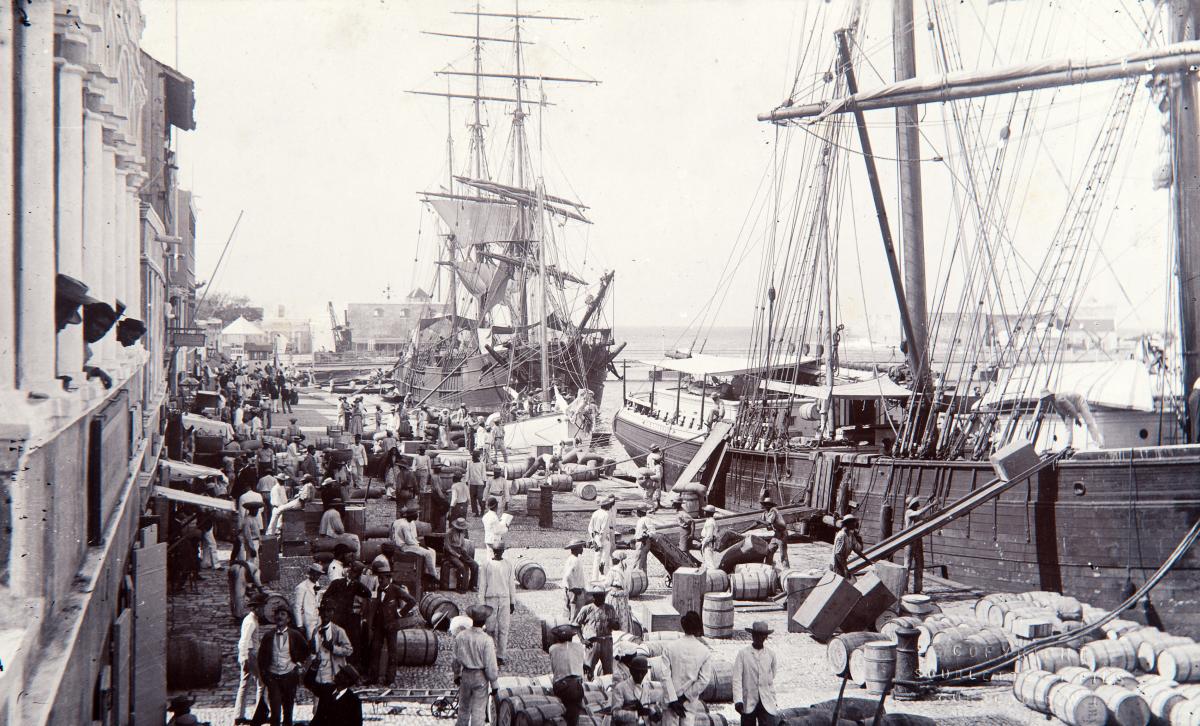  ] .pull-right[ 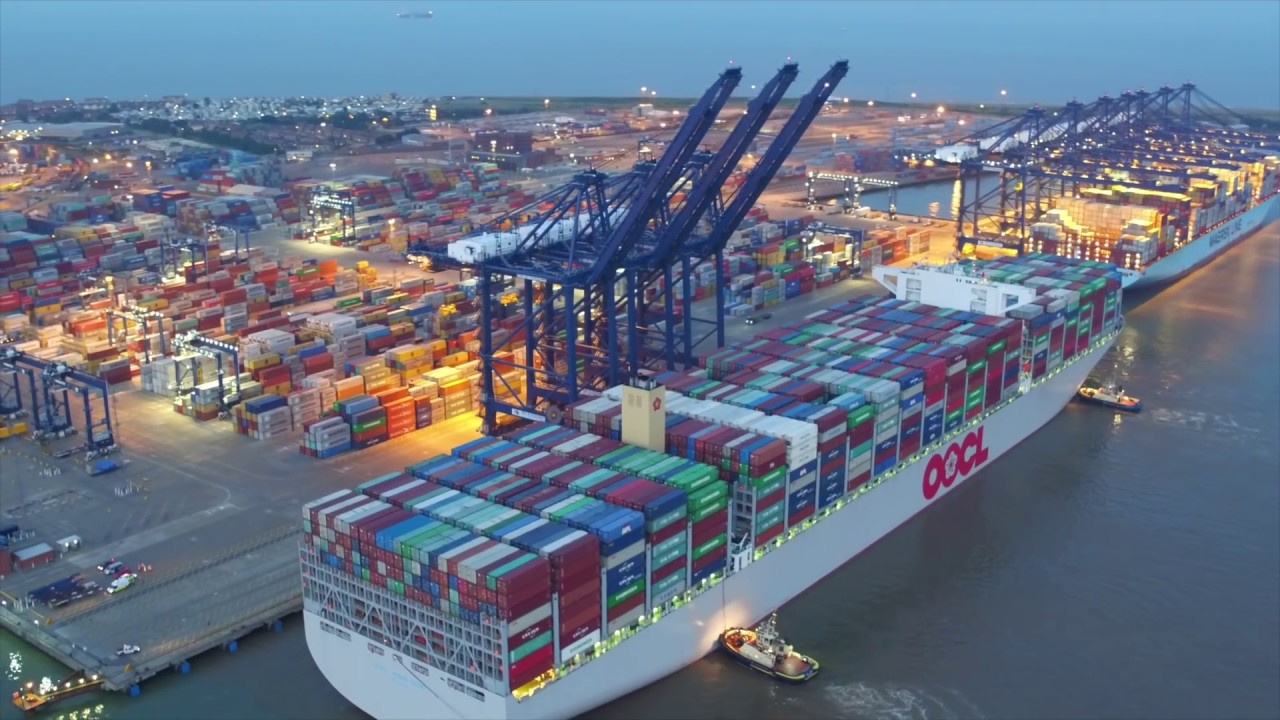  ] ??? --- # Coordinating Technology: the TEU .pull-left[ 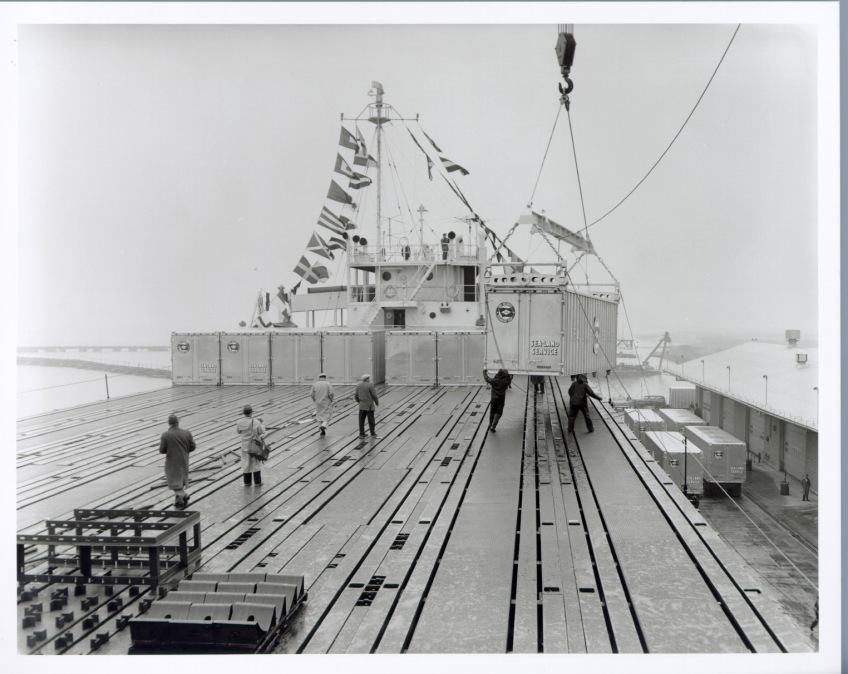 ] .pull-right[ 1956 - Trucking entrepreneur Malcolm McClean runs first successful containerised shipping line 1968 - Following two rounds of standardisation, ISO standardises shipping containers at 20 and 40 ft Simplicity creates markets, and standardises shipping design as a result ] ??? --- # Format Wars .left-column[ .picblock[  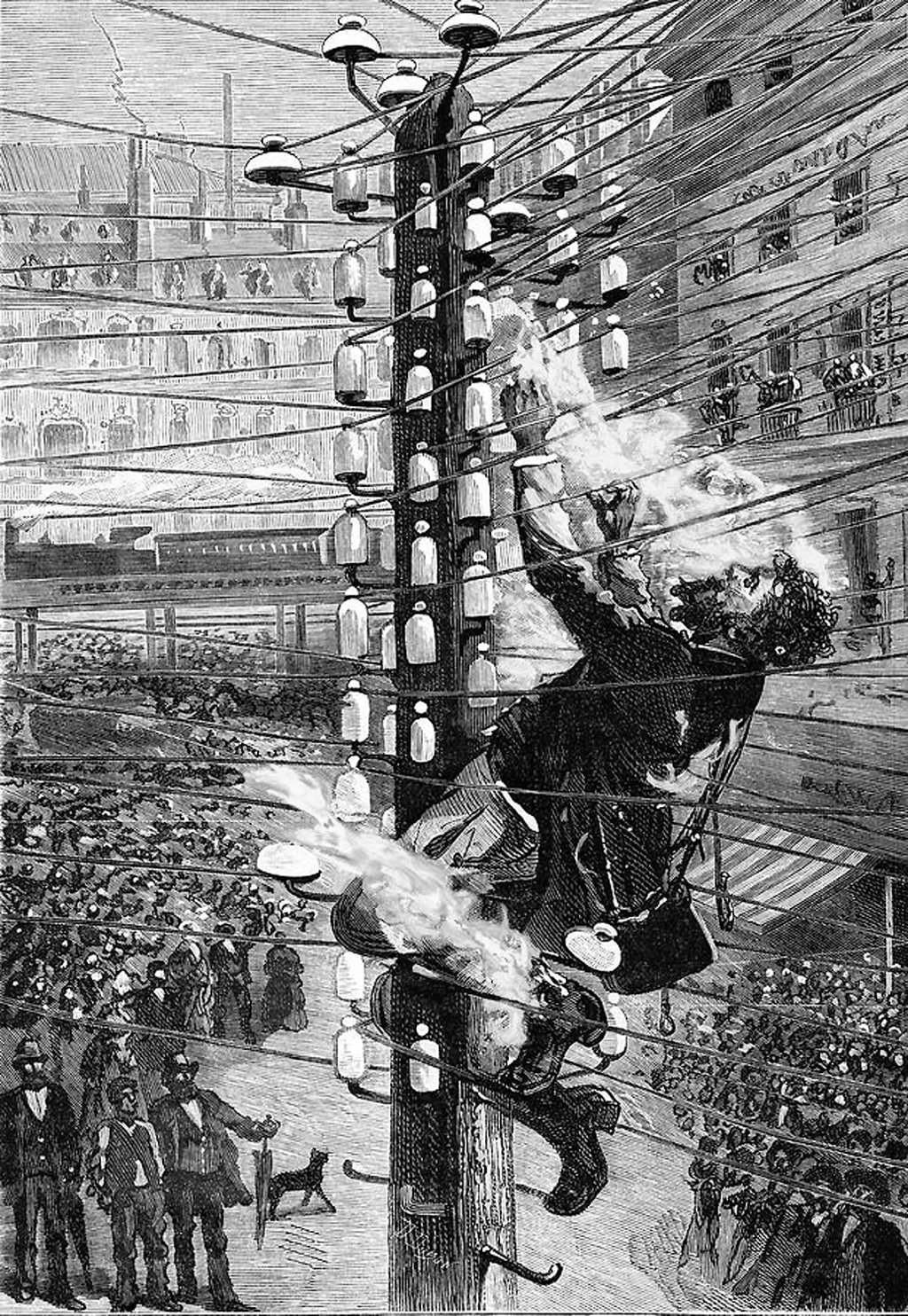 ] ] .right-column[ Format wars are expensive, high-risk propositions, with winner-takes-all character But many technologies rely upon single underlying platforms/standards Often waged/won by coordinating/persuading third parties ] ??? --- # Path-Dependent Standards .pull-left[  ] .pull-right[ 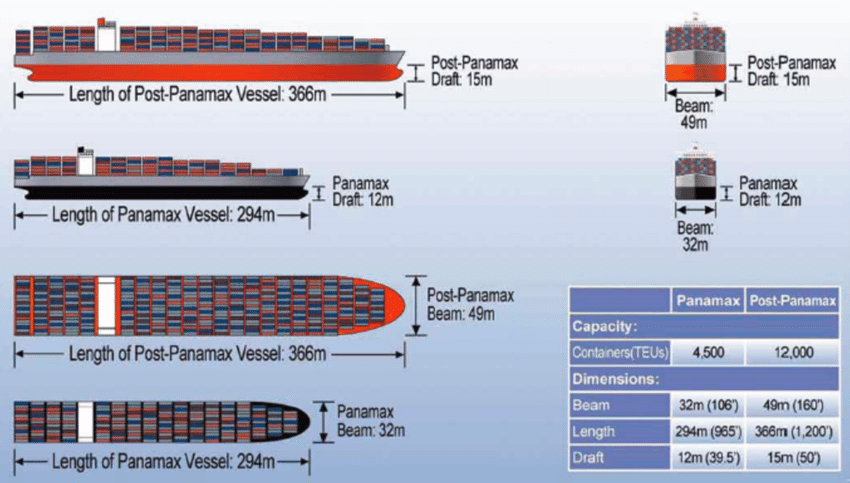 ] ??? --- class: inverse # Small Group Discussion .question[ Why might technical standards matter in international politics? Do you know of any good examples of political conflicts over standards? ] ??? --- class: inverse # Part 2: Technology, Governance, and Interdependence ??? --- # Global Standards in International Relations > Governance is the sum of many ways individuals and institutions, public and private, manage their common affairs. It is a continuing process through which conflicting or diverse interests may be accommodated and co-operative action taken. It includes formal institutions and regimes empowered to enforce compliance, as well as informal arrangements that people and institutions either have agreed to or perceive to be in their interest. The Commission on Global Governance, _Our Global Neighbourhood_ ??? --- # Standards Organisations .pull-left[ In many fields there is a difference between substantive and procedural matters Substantive issues often core theoretical/normative questions No field/issue can be understood without understanding relationship between substance and procedure Standards organisations are hugely important for "procedural IR" ] .pull-right[ 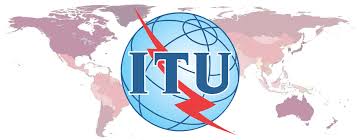  ] ??? --- # Standards Wars .picblock[ 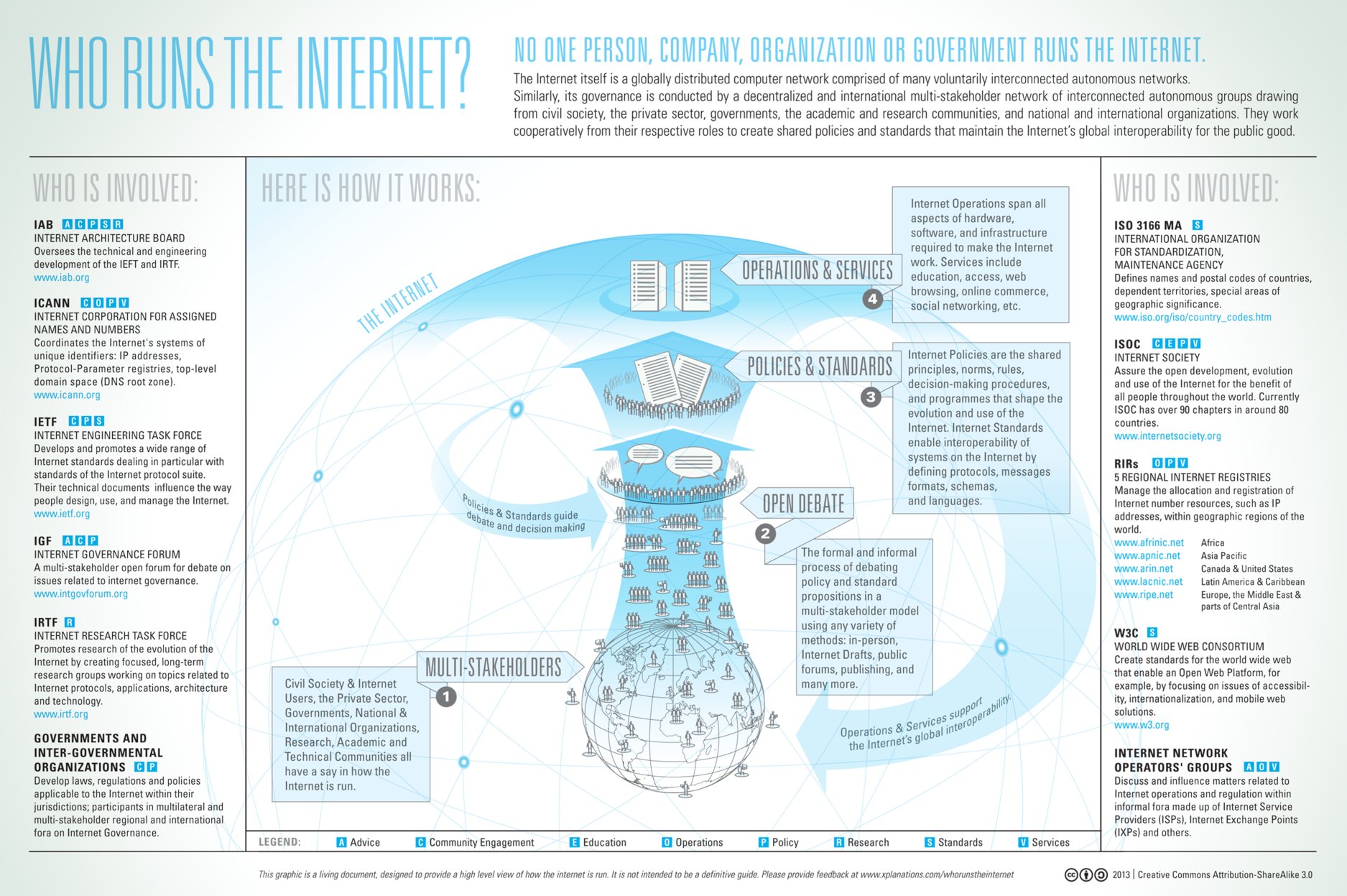 ] ??? --- # Weaponised Interdependence .pull-left[ .medium[ > Global economic networks have security consequences, because they increase interdependence between states that were previously relatively autonomous. Yet, existing theory provides few guideposts as to how states may leverage network structures as a coercive tool and under what circumstances. It has focused instead on trade relations between dyadic pairs and the vulnerabilities generated by those interactions. Henry Farrell and Abraham L. Newman, _Weaponized Interdependence_ ] ] .pull-right[ 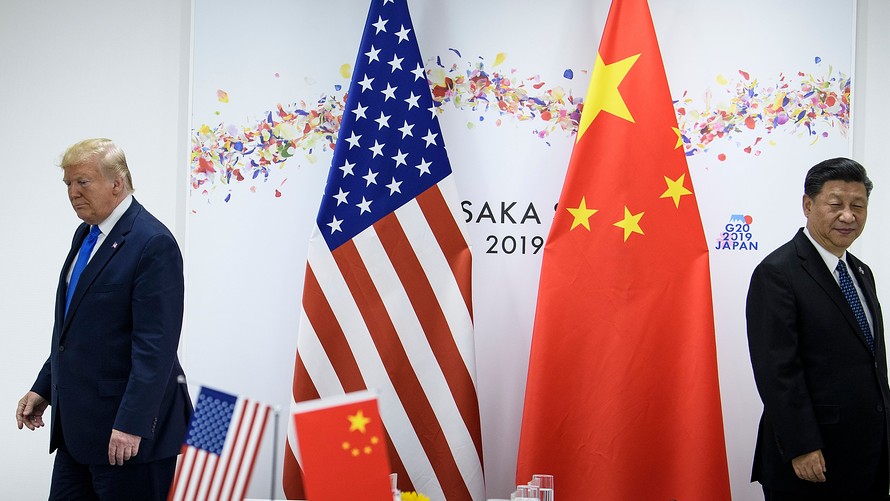 ] ??? --- class: inverse # Part 3: War and Conflict in a Standardised World ??? --- # Logistics and War .pull-left[  ] .pull-right[ .small[ > the most important turning point in the history of logistics was neither 1789... nor 1859-71 (the rise of the railroads) but rather was 1914. Over just a few months, the relationship between food and fodder on the one hand and everything else on the other was inverted... logistically speaking all warfare took on some of the characteristics of siege warfare. Martin van Creveld, _Supplying War_ > The initial pace of advance of the Army’s armored forces was extremely fast, with major elements of V Corps, led by the 3rd Infantry Division (ID), fighting three battles and advancing 220 miles in the first three days. Eric Peltz et al, _Sustainment of Army Forces in Operation Iraqi Freedom_ ] ] ??? --- # Interoperability in War .pull-left[ 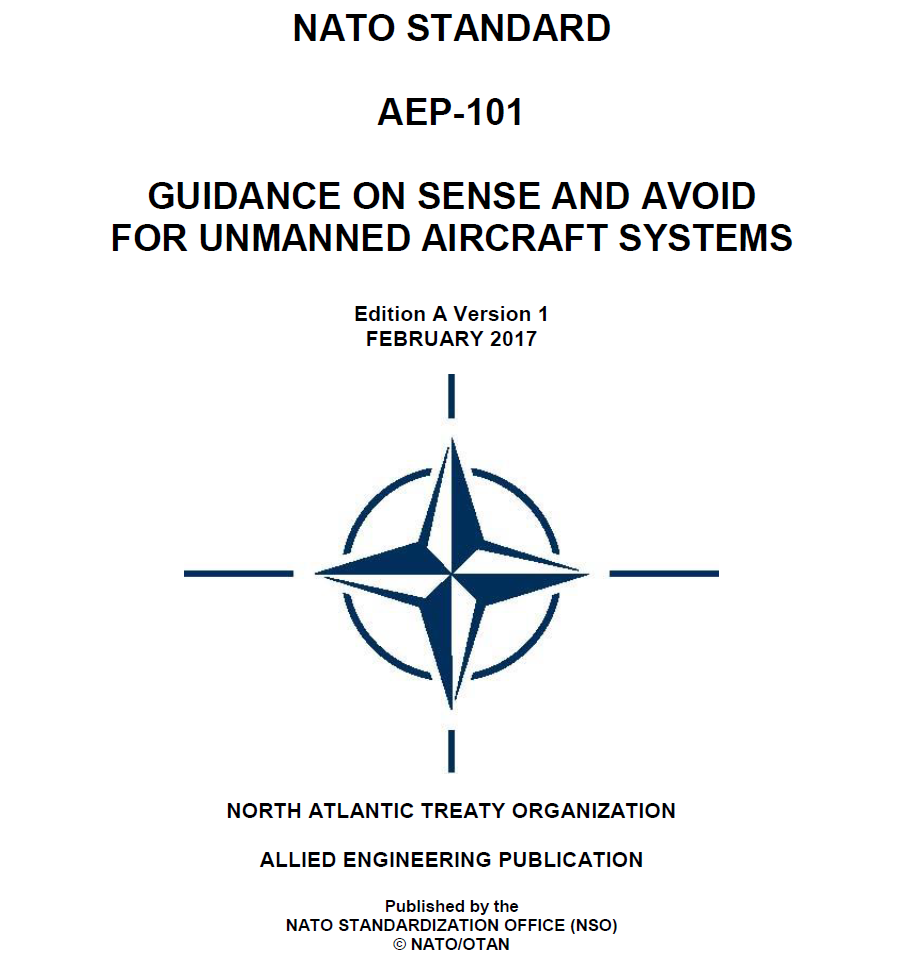 ] .pull-right[ .small[ > The debate about balancing marksmanship against firepower, willpower against stopping power, reflected a different set of concerns associated with alliance politics and bureaucratic and battlefield imperatives. Within this framework, different NATO powers developed unique views about how to arm themselves given the specific and contingent set of variables that they faced. These different perspectives spilled out into the open during the NATO trials in 1979–80, pitching the big powers of the FRG, the UK and the United States against each other in a nuanced technical debate over ammunition calibre. Matthew Ford, _Weapon of Choice_ ] ] ??? Ford quote p.136 --- # Governing Military Technology .pull-left[ Arms control treaties and export control agreements require agreement about the definition of weapons and weapon components Although we usually look at these for their strategic/security consequences, these technical agreements impact future weapons developments ] .pull-right[ 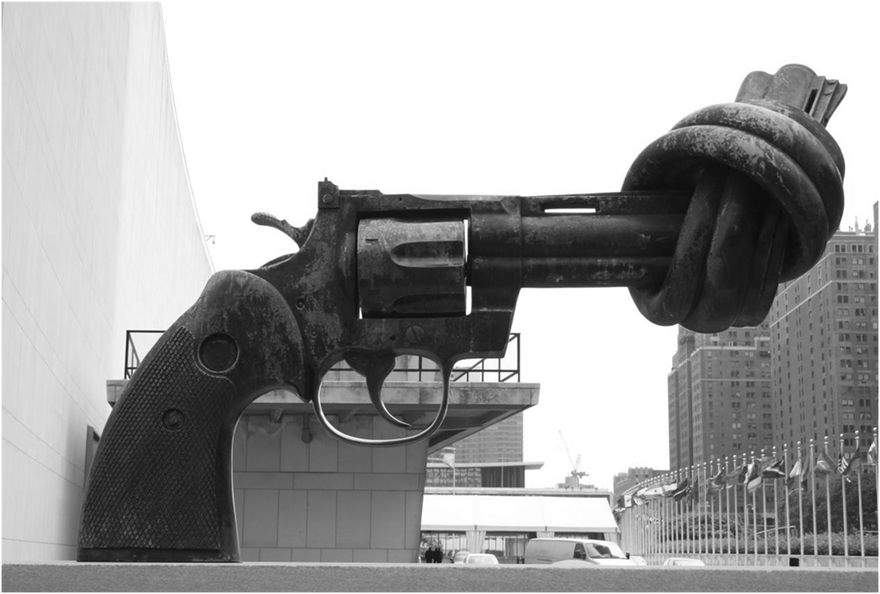 ] ??? --- # Interdependent Warfare .pull-left[ .small[ > The most effective strategies do not depend solely on violence – though this can play an instrumental role, by demonstrating superiority as much as expressing aggression – but benefit instead from the ability to forge coalitions. Lawrence Freedman, _Strategy: A History_ > ...when the expressed goals in a war are not being achieved, a number of _unexpressed_ goals are nevertheless being fulfilled. David Keen, _Useful Enemies_ ] ] .pull-right[ Is it even possible to return to a non-interoperable world? Final thought: We have "democratic peace theory", and theories that increased globalised economies promote peace. Is there an equivalent for increased technological standardisation? ] ??? --- class: inverse # Small Group Discussion .question[ Has your opinion about the relationship between war and technology changed this term? How/why? ]